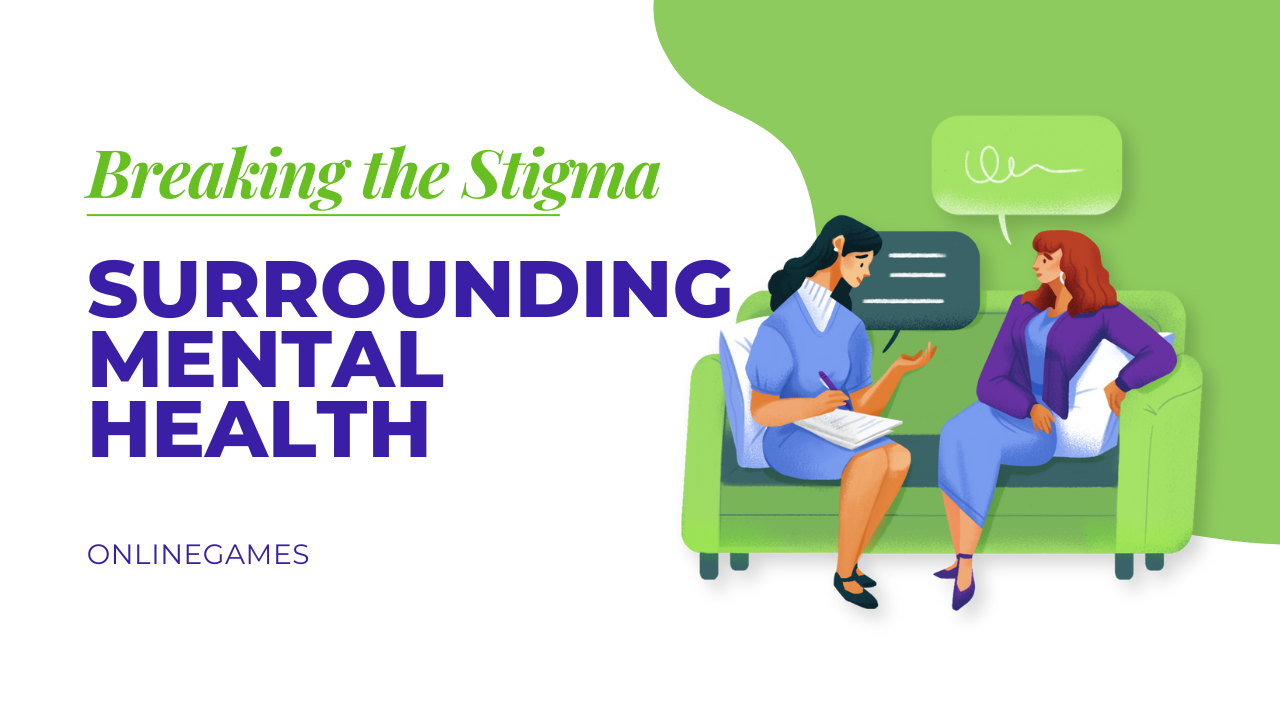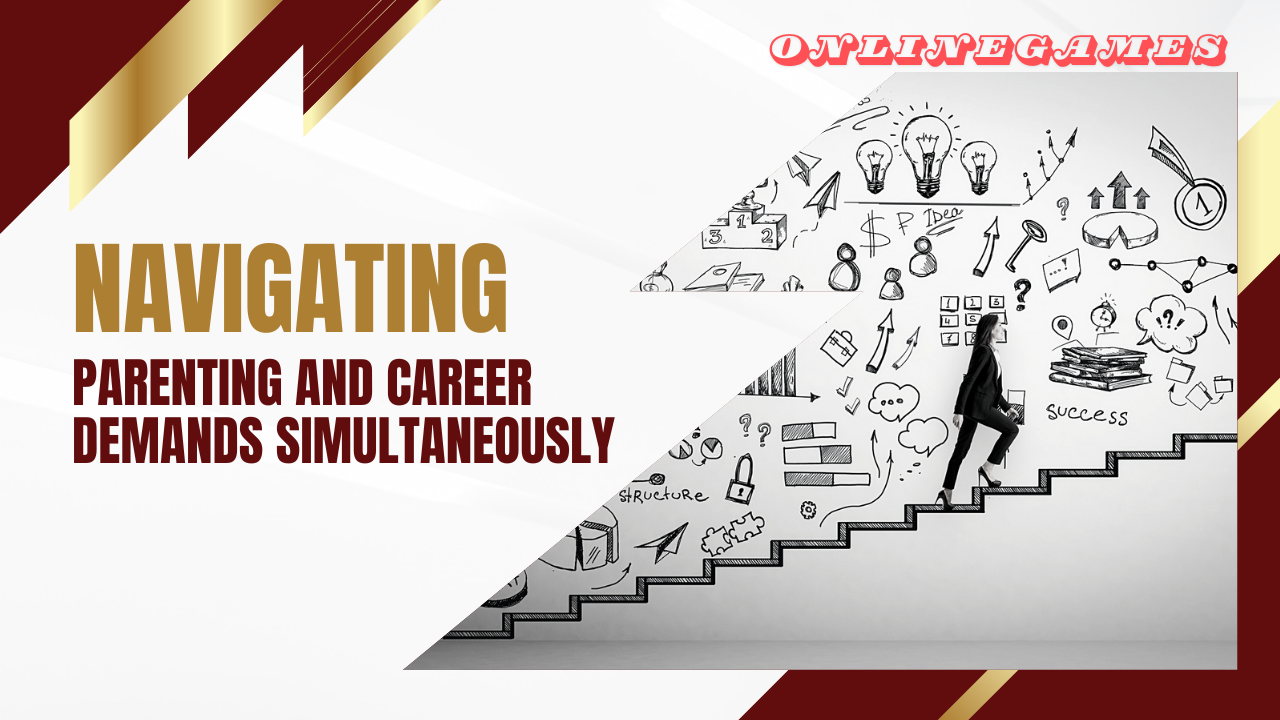Mental health stigma remains a pervasive issue despite growing awareness and advocacy efforts. Stigma can manifest in various forms, from social ostracization to institutional discrimination, all contributing to the reluctance of individuals to seek help. This reluctance perpetuates a cycle where those in need of mental health support may suffer silently, fearing judgment or marginalization.
Challenging Misconceptions About Mental Illness
One of the key barriers perpetuating stigma is the prevalence of misconceptions about mental illness. Often portrayed inaccurately in media or misunderstood in everyday discourse, conditions such as depression, anxiety, and bipolar disorder are inaccurately equated with weakness or instability. In reality, mental health disorders are complex conditions influenced by genetic, environmental, and neurological factors, deserving of empathy and evidence-based treatment.
The Role of Education and Awareness
Education plays a pivotal role in combatting mental health stigma. By fostering understanding and empathy, communities can cultivate supportive environments where individuals feel safe to discuss their mental health concerns without fear of prejudice. Awareness campaigns, both online and offline, serve to debunk myths, provide accurate information, and highlight the prevalence of mental health challenges across diverse demographics.
Overcoming Barriers to Seeking Help
Addressing stigma involves dismantling the systemic barriers that prevent individuals from accessing mental health services. These barriers include limited insurance coverage for mental health treatment, a shortage of mental health professionals in certain regions, and cultural taboos that discourage open dialogue about mental health issues. By advocating for policy changes and expanding mental health resources, communities can facilitate greater access to timely and effective care.
Promoting Mental Health Advocacy
Advocacy efforts are crucial in promoting policy reforms and societal attitudes that support mental health inclusivity. Organizations and individuals alike can participate in advocacy by lobbying for legislation that protects mental health rights, promoting workplace wellness initiatives, and supporting grassroots movements that elevate mental health as a public health priority.
Encouraging Compassionate Conversations
Central to combating mental health stigma is fostering compassionate conversations within families, workplaces, and social circles. Encouraging individuals to share their mental health experiences without fear of judgment encourages empathy and solidarity. Active listening, validation of emotions, and offering support resources are integral to creating an inclusive environment where individuals feel valued and understood.
Breaking the stigma surrounding mental health requires a concerted effort from individuals, communities, and policymakers alike. By challenging misconceptions, promoting education and awareness, overcoming barriers to care, advocating for policy reforms, and fostering compassionate conversations, we can create a society where mental health is destigmatized and everyone has access to the support they need.










